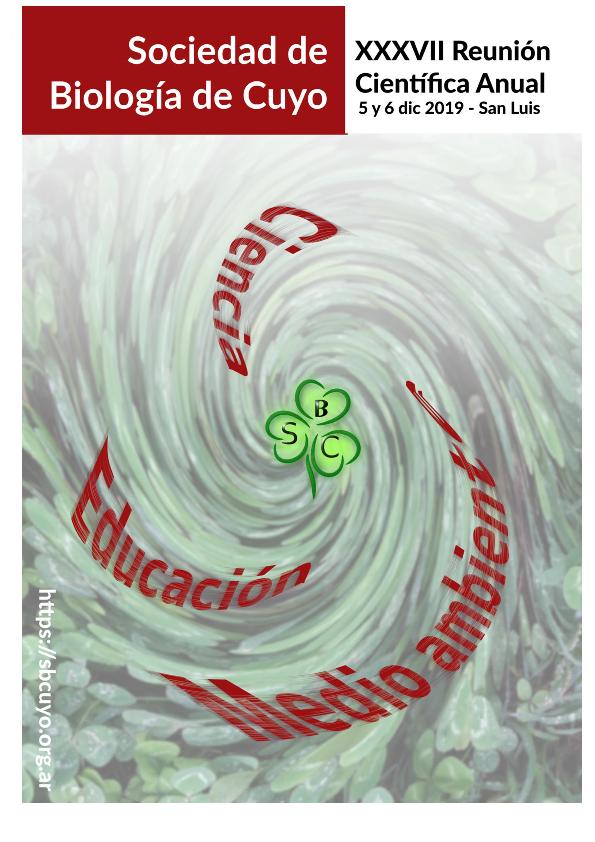Mostrar el registro sencillo del ítem
dc.contributor.author
Laconi, Myriam Raquel

dc.date.available
2023-02-13T15:14:47Z
dc.date.issued
2019
dc.identifier.citation
Bioethical challenges against technological advances in reproductive biology; XXXVII Reunión Científica Anual de la Sociedad de Biológica de Cuyo; San Luis; Argentina; 2019; 8-8
dc.identifier.uri
http://hdl.handle.net/11336/187755
dc.description.abstract
Bioethics is a space for study and reflection in the construction of positions based on unstoppable scientific and technological advances. Thanks to the advances of science, solutions have been discovered for numerous problems of humanity with clear positive consequences, but also, there have been situations with undoubted bioethical objections. Given these challenges and dilemmas, bioethics analyzes the cost and benefit of each advance. The question arises, "Is everything that is technically possible ethically acceptable?" The bioethics debate about the human right to decide about your body, sexuality, reproductive rights, how to face the disease, aging and the right to die with dignity. It provides tools and builds a regulatory framework on which laws can be generated to achieve general welfare within the framework of freedom. Reproductive biology exhibe numerous bioethical challenges such as assisted fertilization, gamete manipulation and genetic editing. The genetic edition of human embryos using the CRISP Cas9 technique has caused a scientific revolution. CRISPR CAS 9 means short, palindromic, grouped and regularly interspaced repetitions. The genetic edition of human embryos raises the possibility of avoiding diseases of genetic transmission, improves xenotransplants, improve the quality of milk and meat but also, the possibility of changing the genome and choosing traitsspecail features is very risky. Many scientists fear eugenics (good origin) or the application of the biological laws of inheritance to the perfection of the human species. So, ¿are all possible applications of CRISP Cas 9 known today? What are the limits? There is still much to define, for example, the ecological risk of altering natural evolution and use in biological terrorism. An impasse is required to reflect on the consequences and where we want to go as a species.
dc.format
application/pdf
dc.language.iso
spa
dc.publisher
Sociedad de Biología de Cuyo
dc.rights
info:eu-repo/semantics/openAccess
dc.rights.uri
https://creativecommons.org/licenses/by-nc-sa/2.5/ar/
dc.subject
BIOETICA
dc.subject
REPRODUCCION
dc.subject
CRISP CAS 9
dc.subject.classification
Biología Reproductiva

dc.subject.classification
Ciencias Biológicas

dc.subject.classification
CIENCIAS NATURALES Y EXACTAS

dc.title
Bioethical challenges against technological advances in reproductive biology
dc.type
info:eu-repo/semantics/publishedVersion
dc.type
info:eu-repo/semantics/conferenceObject
dc.type
info:ar-repo/semantics/documento de conferencia
dc.date.updated
2022-12-12T23:48:25Z
dc.journal.pagination
8-8
dc.journal.pais
Argentina

dc.journal.ciudad
Mendoza
dc.description.fil
Fil: Laconi, Myriam Raquel. Consejo Nacional de Investigaciones Científicas y Técnicas. Centro Científico Tecnológico Conicet - Mendoza. Instituto de Medicina y Biología Experimental de Cuyo; Argentina
dc.relation.alternativeid
info:eu-repo/semantics/altIdentifier/url/https://sbcuyo.org.ar/wp-content/uploads/2019/12/Libro-de-resumenes-2019.pdf
dc.conicet.rol
Autor

dc.coverage
Nacional
dc.type.subtype
Reunión
dc.description.nombreEvento
XXXVII Reunión Científica Anual de la Sociedad de Biológica de Cuyo
dc.date.evento
2019-12-05
dc.description.ciudadEvento
San Luis
dc.description.paisEvento
Argentina

dc.type.publicacion
Book
dc.description.institucionOrganizadora
Sociedad de Biología de Cuyo
dc.source.libro
Libro de Resúmenes: XXXVII Reunión Científica Anual Sociedad de Biología de Cuyo
dc.date.eventoHasta
2019-12-06
dc.type
Reunión
Archivos asociados
